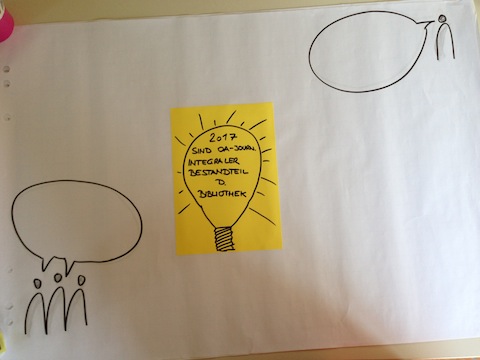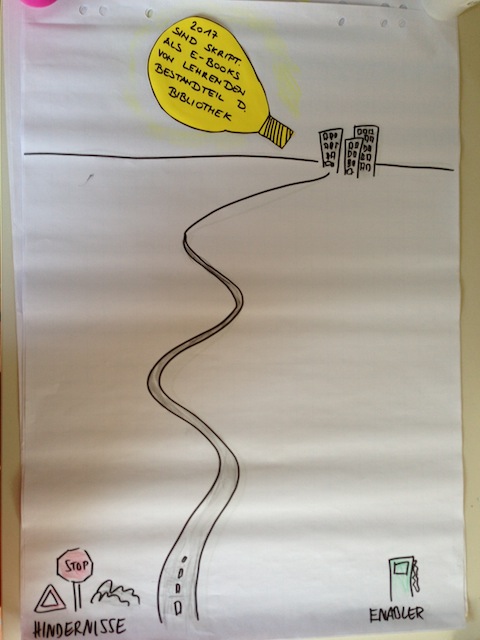Im Rahmen des CAS eLearning Zertifikatkurses darf ich auch heuer das Modul „Sociale Media Learning & Mobile Learning“ abhalten. Die dafür notwendigen Unterlagen sind hier nochmals übersichtlich dargestellt.
VORMITTAG: SOCIAL MEDIA LEARNING
- „Einstieg“: Social Media ist alles nur heiße Luft hinterfrägt den Begriff Web 2.0
- Der MASTOR-Check (zur Einschätzung der Voraussetzungen für das Arbeiten und Lernen mit dem Web 2.0)
- Social Media Learning (Präsentation) ist der Hauptteil
- Der MONSTA-Check (zur Einschätzung der Voraussetzungen für das Lehren mit dem Web 2.0)
NACHMITTAG: MOBILE LEARNING
- Mobile Learning (Eine Übersicht zu dem Thema inklusive einer Übung)
Als weiterführende Literatur wird das Lehrbuch für Lernen und Lehren mit Technologien empfohlen mit den entsprechenden Kapiteln, sowie das Kapitel „Web 2.0 als Basis für CSCL-Umgebungen„.
Zur Info für Nicht-Teilnehmer/innen: Es handelt sich um einen ganztägigen Workshop.




